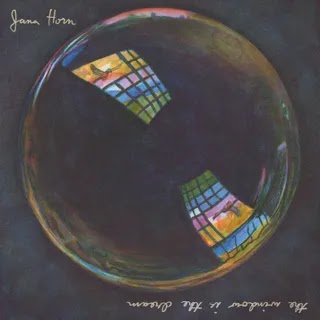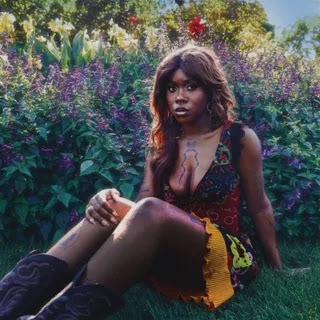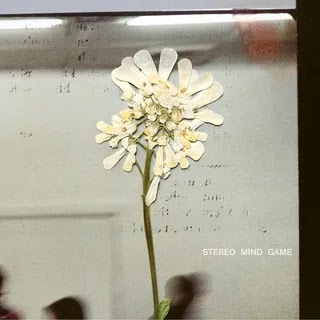The unflinching and brutal new record from the Melbourne-based singer-songwriter is so direct that it demands your full attention for every single second.
In 1985, the French conceptual artist Sophie Calle suffered a heartbreak so devastating that she waited almost 20 years and then turned her grief into a book. That book, Exquisite Pain, is split into two halves. The first retells the days leading up to the moment where her boyfriend leaves her for another woman, and in the second half, Calle asks dozens of friends and strangers to answer the question “When did you suffer most?” There are pages and pages of stories about the kinds of breakups that slice you open and leave you raw, of deaths in the family, of stillborn births. The book was meant to be an exorcism, for Calle to finally rid herself of pain in the most public way imaginable. Melbourne-based Sarah Mary Chadwick’s latest record, Me and Ennui are Friends, Baby, is a Sophie Calle-style public release of grief. Unflinching and brutal, the record documents the death of Chadwick’s father and a close friend, her own suicide attempt, the dissolution of a long-term partnership, and the all-consuming mountains of sadness that followed.
Me and Ennui are Friends, Baby is so direct that it demands your full attention for every single second. It’s not at all fun to listen to, nor is it meant to. It feels bad, and you can’t turn away from it, not even to check a text on your phone, not even to rummage through your fridge for a beer. The record, which is just piano and vocals, feels claustrophobic at times—like you’re a mouse stuck beneath one of the piano’s pedals, struggling to get free. At points, Me and Ennui are Friends, Baby resembles a chapbook set to a piano more than music, perhaps like one of those letters people often write to an ex-partner after a bad breakup that they never send. Opening with the line “Mothers never love me/Baby that’s why you should,” her lyrics tend to focus on being loved badly, by men, by her mother, and by herself.
Chadwick is prone to exploring her own self-destructive behavior. “At Your Leisure” is about giving a married man head at a traffic light. “Every Loser Needs A Mother” is about sleeping with a man simply to give life to her father’s memory. “Always Falling” is about falling for aloof and distant people. Chadwick’s voice on these songs is singular—meaty, heaving, laden with bravado. She almost never resorts to flowery language or hides behind metaphor and simile. When she sings about a suicide attempt on the album’s title track, it’s not a figure of speech—it’s a violent memory petrified like a scorpion in amber. “On the way to stay alive I asked the guy his job/He said, ‘a Paramedic,’” she sings, her voice shaking like a tree in a hurricane, her piano vivid and clear.
There are other records like this one, but they’re few and far between. Its closest analog would be the “barely music” of Phil Elverum’s Mount Eerie; a more fitting description would be if Adele decided to record an album of Daniel Johnston covers. It is incredibly difficult to pull off, and Me and Ennui are Friends, Baby can feel so unrelenting you’d maybe feel inclined to turn it off and huddle up in a ball. Chadwick welcomes this reading of her music, and she has a sense of humor about it. When asked what kind of occasions she thinks her music is suited for, she cites a quote from a friend’s father: “You wouldn’t put it on at a fucking dinner party, would you?”
“Full Mood” exists on a different plane from the rest of the album. Instead of tapping into the well of grief, it comes from a place of warmth and hope. It is a perfect song about being profoundly in love with someone else. Her piano unspools softly, and her voice cracks like a smile does when you’re about to tear up a little bit. “You don’t think you’re very bright/God, you’re shining like a star,” she sings. She sings about this love like the cherished memory we hold onto when everything else is too hard to handle. So much of Me and Ennui are Friends, Baby can feel like a freefall into hell, like a complete encapsulation of a year that is terrible beyond words. “Full Mood” is a reminder that you can still access beauty even in the pits of despair. The song asks something of us far more heartbreaking than Sophie Calle’s suffering question in Exquisite Pain. It asks: what did it feel like to be loved? Did it make you feel beautiful?
















0 comments:
Post a Comment